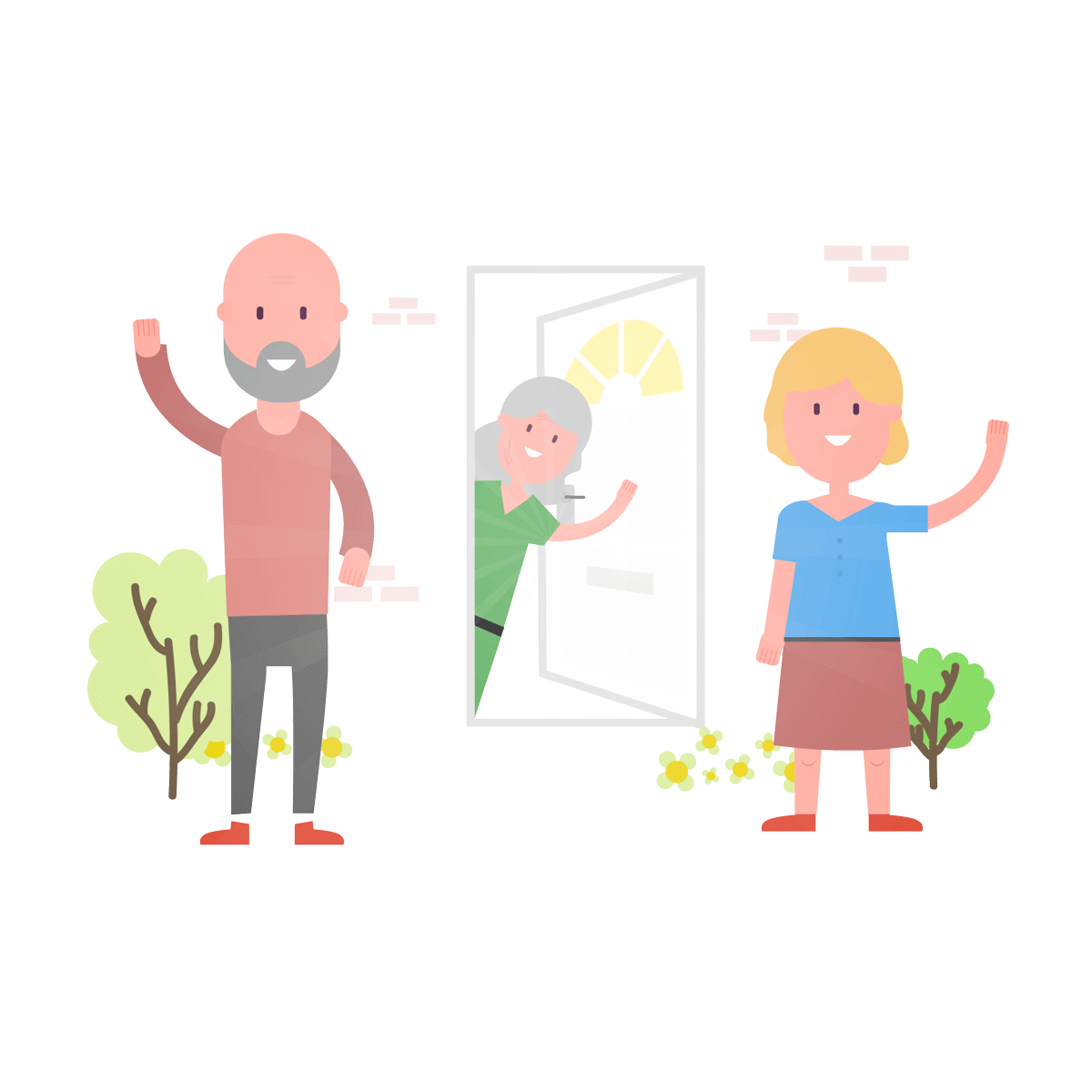


Over the past few months we’ve been supporting managers in local independent care homes. The homes are generally less than 30-beds with teams of around 30-40 staff. The built environment might not be the most modern, appropriate or effective to navigate, but the warmth and caring for residents we’ve witnessed has been lovely.
We’ve previously operated in larger organisations where there are broader operational structures with regional managers, dementia teams and clinical/audit teams in the field. If a home manager needed support, there were plenty of people to turn to. That’s not the case in the private independent sector. The owners we have met are passionate about trying to give their residents a happy life and provide the wherewithal for their teams to deliver. Many have been operating for 30-years or more. Home managers are consistently working 12-hour days on-site with calls out of hours disrupting their own personal time. The care teams are working with increasingly dependent individuals and, whilst they are desperate to spend meaningful time with residents, they find the working day is overloaded with tasks. What we find is a demoralised and exhausted group of people.
Let me give you a couple of examples of what I’ve observed recently:
What if we take a look at what the Care Act is intended to achieve? It is to promote wellbeing and put older people in control over their lives. In fact, Local Authorities (LAs) are supposed to begin with the assumption that the individual is best-placed to judge their wellbeing. The ‘wellbeing principle’ should steer Local Authorities and care home providers in everything they do. In fact, the Care Quality Commission (CQC), LAs and Clinical Commissioning Groups (CCGs) all have slightly different reporting and monitoring requirements. Despite a ‘multi-agency approach’ one body might refer residents whilst another may have the home on stop, preventing any new admissions. And it is incredibly difficult for owners and managers to reach the decision-makers to understand the reasons for the stop. Communication is extremely poor with very few regulators willing to take ownership of their decisions.
With this lack of clarity and openness, care staff spend hours of the day recording irrelevant data. Why can’t ‘Fred’ decide to skip breakfast and ‘May’ kick off her slippers without someone having to record it….just in case? And are we really expecting care staff to record the fact that they are not cleaning non-existent bathrooms daily?
It is important to keep the vulnerable safe and to monitor activities within residential care homes. But surely we’ve taken reporting too far. We’re disabling our best people, inhibiting older people’s right to choose, preventing wellbeing and the development of meaningful relationships. No wonder there’s a continuing high turnover of staff in the sector – all the purpose and joy is being stripped from their day. And it’s allowing mediocrity to flourish in homes where profit takes precedence.
We want the independent sector to regain its confidence. That’s why we’re working with like-minded loving teams who soak up knowledge and innovation. We’re shining a light on what they do well and giving them new skills to support and care for their residents. And we listen.
We passionately believe in small households and the ability of individuals to use their initiative to nurture and foster meaningful relationships. To end institutional behaviours and environments we don’t need to transform many care teams, we need to revolutionise the regulatory regime. Let’s stop the incessant tasks and reporting and listen to the people who live and care for each other everyday.
Will regulators listen too and communicate clearly and fairly in 2016? That would be a great New Year’s resolution surely!
Sara
Sara McKee FRSA
Evermore Founder and Director of Market Innovation
Follow Sara on Twitter @SaraMcKeeFRSA
By continuing to use the site, you agree to the use of cookies. more information
The cookie settings on this website are set to "allow cookies" to give you the best browsing experience possible. If you continue to use this website without changing your cookie settings or you click "Accept" below then you are consenting to this.